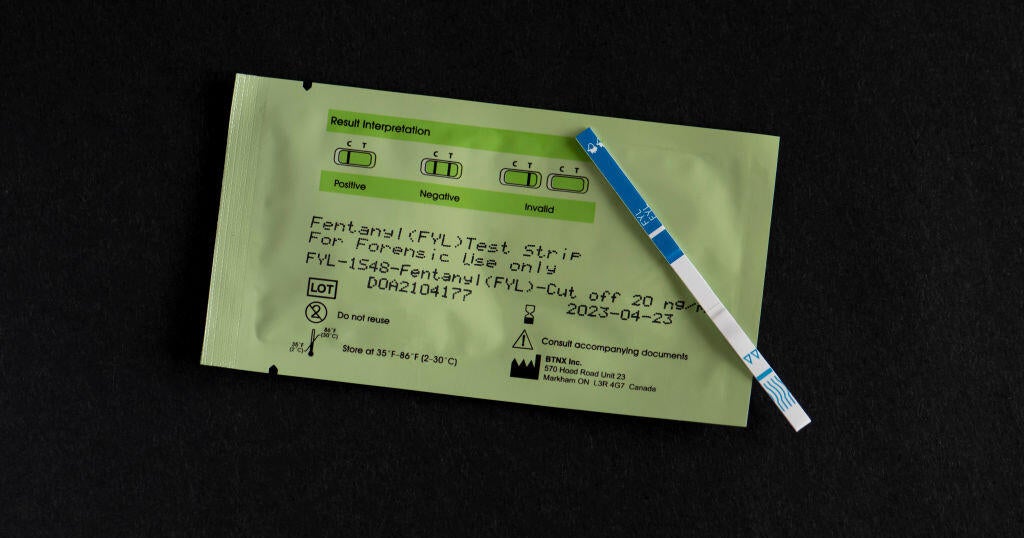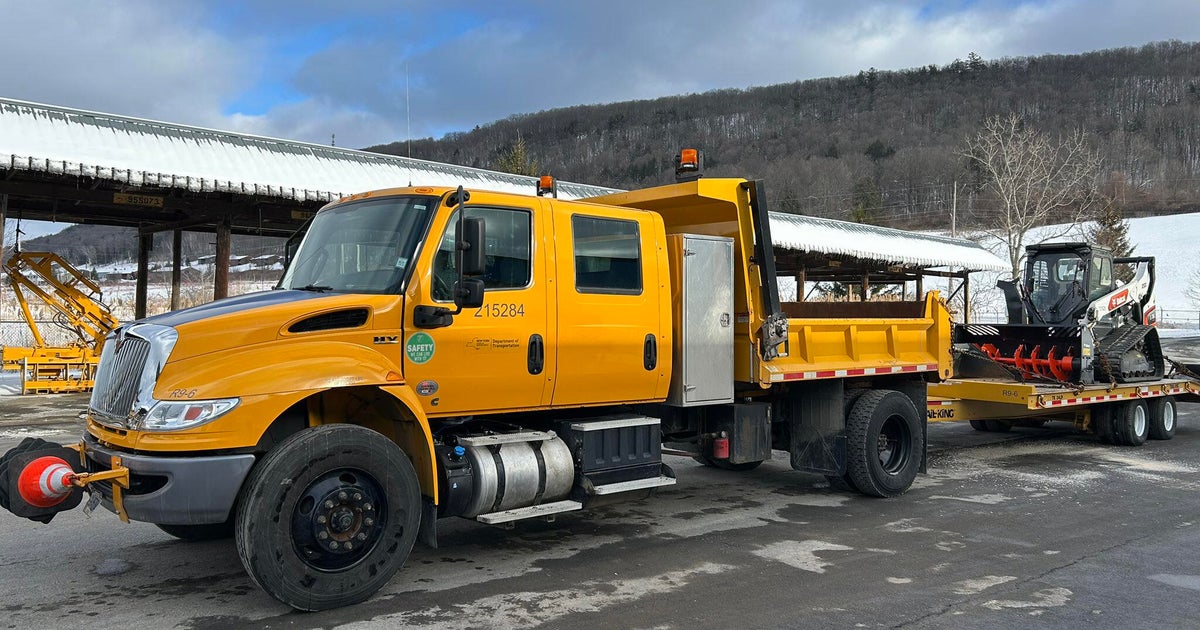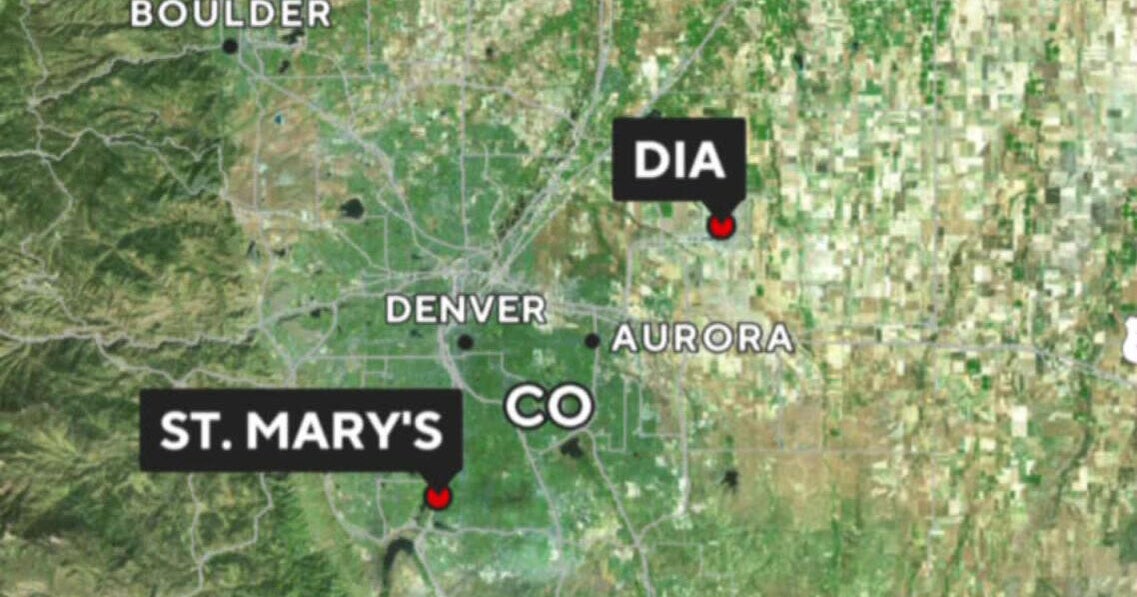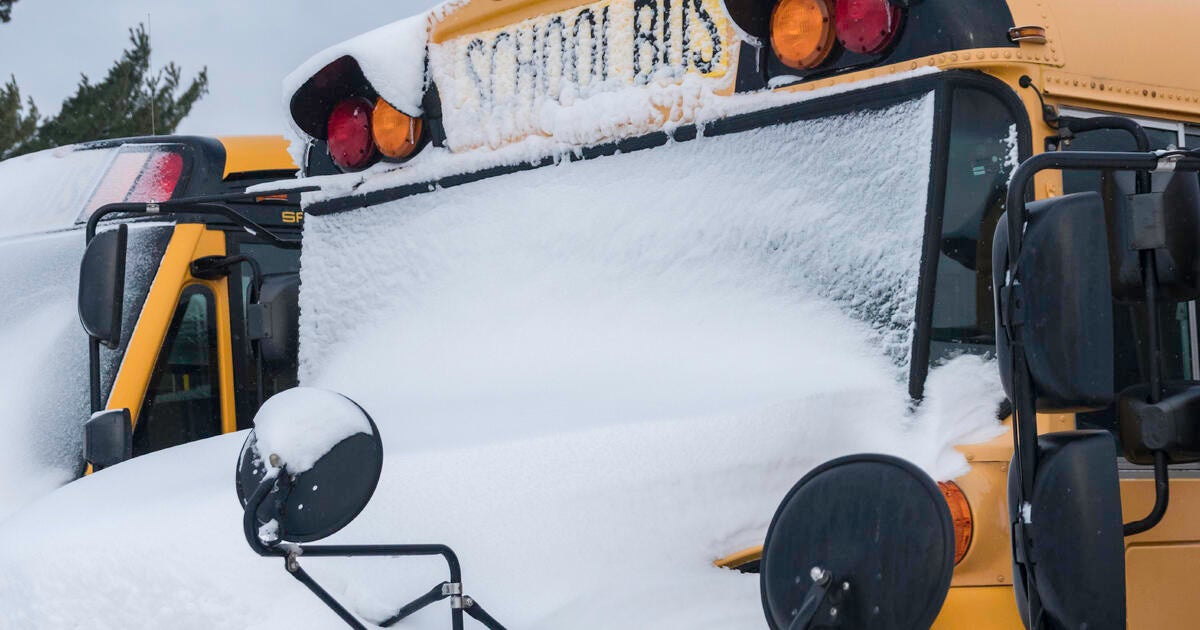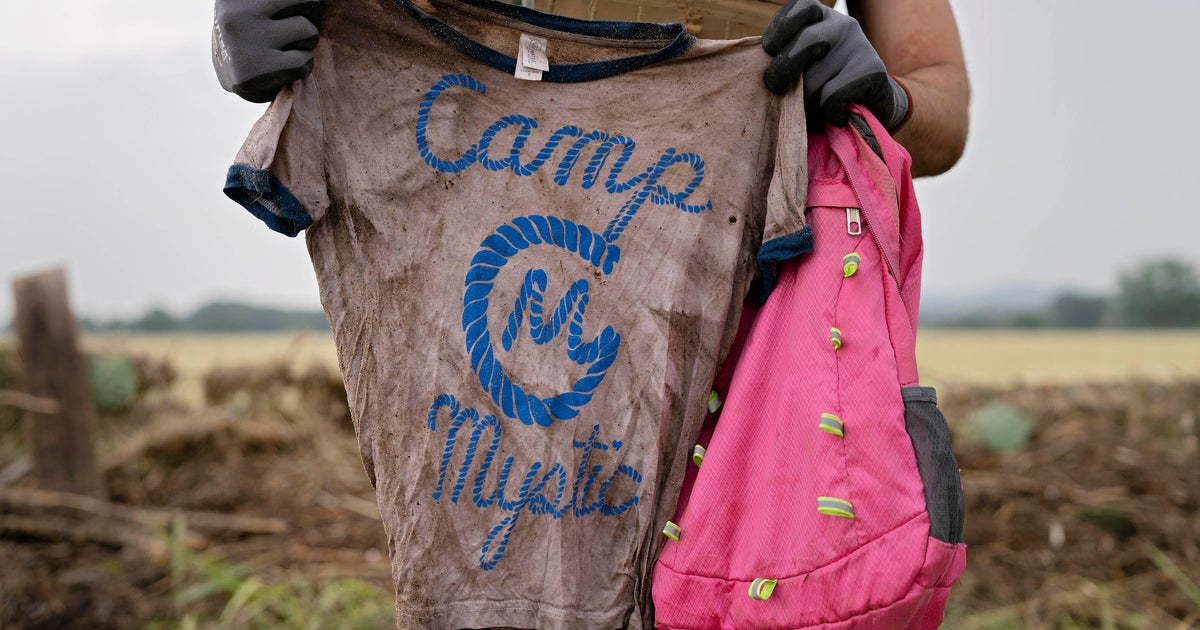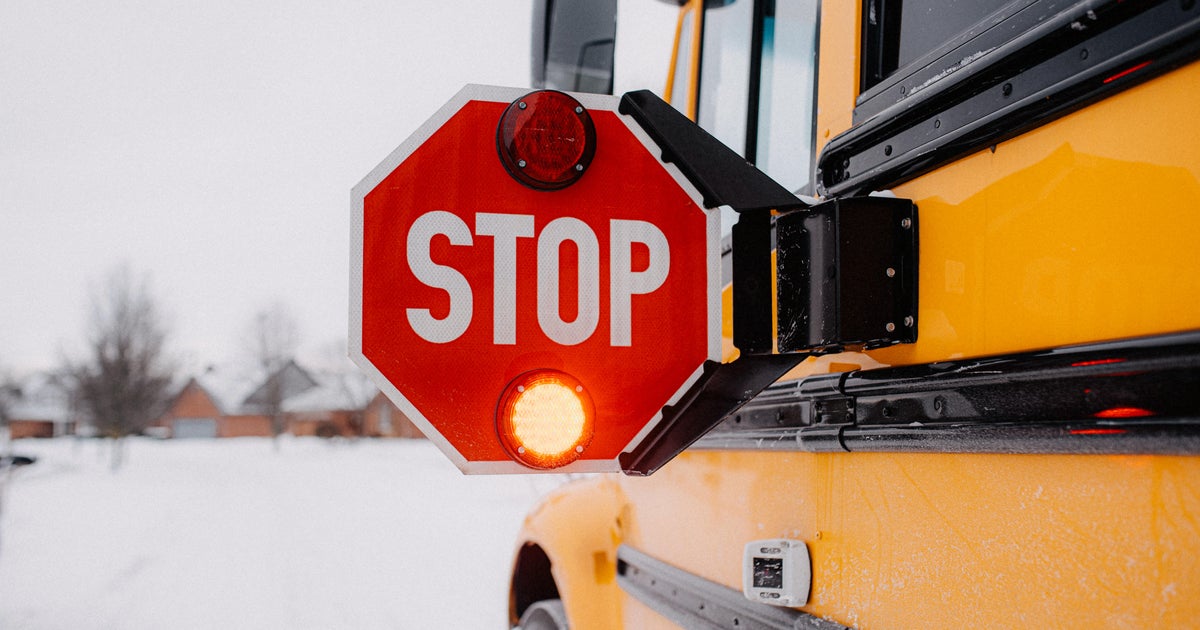Officials: More Than 1,000 Mass. Overdose Deaths In 2014
BOSTON (AP) — State health officials say more than 1,000 people died as a result of opioid-related overdoses in Massachusetts last year — an increase of 33 percent from 2012 and part of an ongoing spike in deaths blamed on prescription drug and heroin abuse.
The state Department of Public Health said there were 600 confirmed opioid overdose deaths in the Bay State in 2014, with the agency's models indicating an additional 408 deaths for a total of 1,008.
List: Number Of Drug Overdose Deaths By Town
That represents a 3 percent increase over the 967 deaths in 2013, and is 33 percent above 2012.
Gov. Charlie Baker said the deaths have left no part of the state untouched.
"This issue doesn't care about geography. This issue doesn't care about race. This issue doesn't care about income. This issue doesn't care about class," Baker said during a discussion in Boston with U.S. Secretary of Health and Human Services Sylvia Burwell and health providers.
Some harder-hit communities are struggling with the rising tide of overdoses.
Lowell recorded eight overdose deaths in 2012. That jumped to 25 in 2013 and 27 in just the first nine months of 2014. Lynn also saw overdose deaths climb from 21 in 2012, to 26 in 2013 and 34 in the first nine months of 2014.
Baker blamed the surge on what he called the easy access to prescription drugs. He said four out of five heroin addicts began with pain medications. In February he created a 16-member task force to come up with a strategy for dealing with addiction, treatment and recovery.
Rebecca Reilly said she first got hooked on heroin after she was introduced to prescription opiates when she was 17.
"I could walk into any psychiatrist and tell them I had a problem and get what I needed or go to a hospital and tell them that my back hurt and I knew that I could walk out with an opiate prescription," the 21-year-old Quincy resident said. "I started with prescription opiates and it led to heroin very quickly."
Reilly, who now works for a substance abuse recovery agency in Boston, said the state needs to get a better handle on the problem.
"So many people are dying," she said. "I've lost a lot of friends."
Burwell said states and the federal government have to look at a number of strategies to curb addiction and overdose death, including better monitoring of prescriptions to detect if individuals are abusing medications and better access to naloxone — also marketed under the brand name Narcan — a key drug used to reverse heroin overdoses.
She also said individuals with old prescriptions for painkillers should get rid of them.
"You don't need a safety blanket with something as dangerous as that," she said.
Joanne Peterson, founder of Learn To Cope, a nonprofit organization that offers support for parents and family members of those with drug addictions, said she's also noticed the jump in the number of overdose deaths in the past six months.
Peterson said another thing the state could do is shorten the gap between detox and entering rehab — a gap that she says allows a recovering addict to fall back into addiction.
WBZ NewsRadio 1030's Kim Tunnicliffe reports
Copyright 2015 The Associated Press. All rights reserved. This material may not be published, broadcast, rewritten or redistributed.
